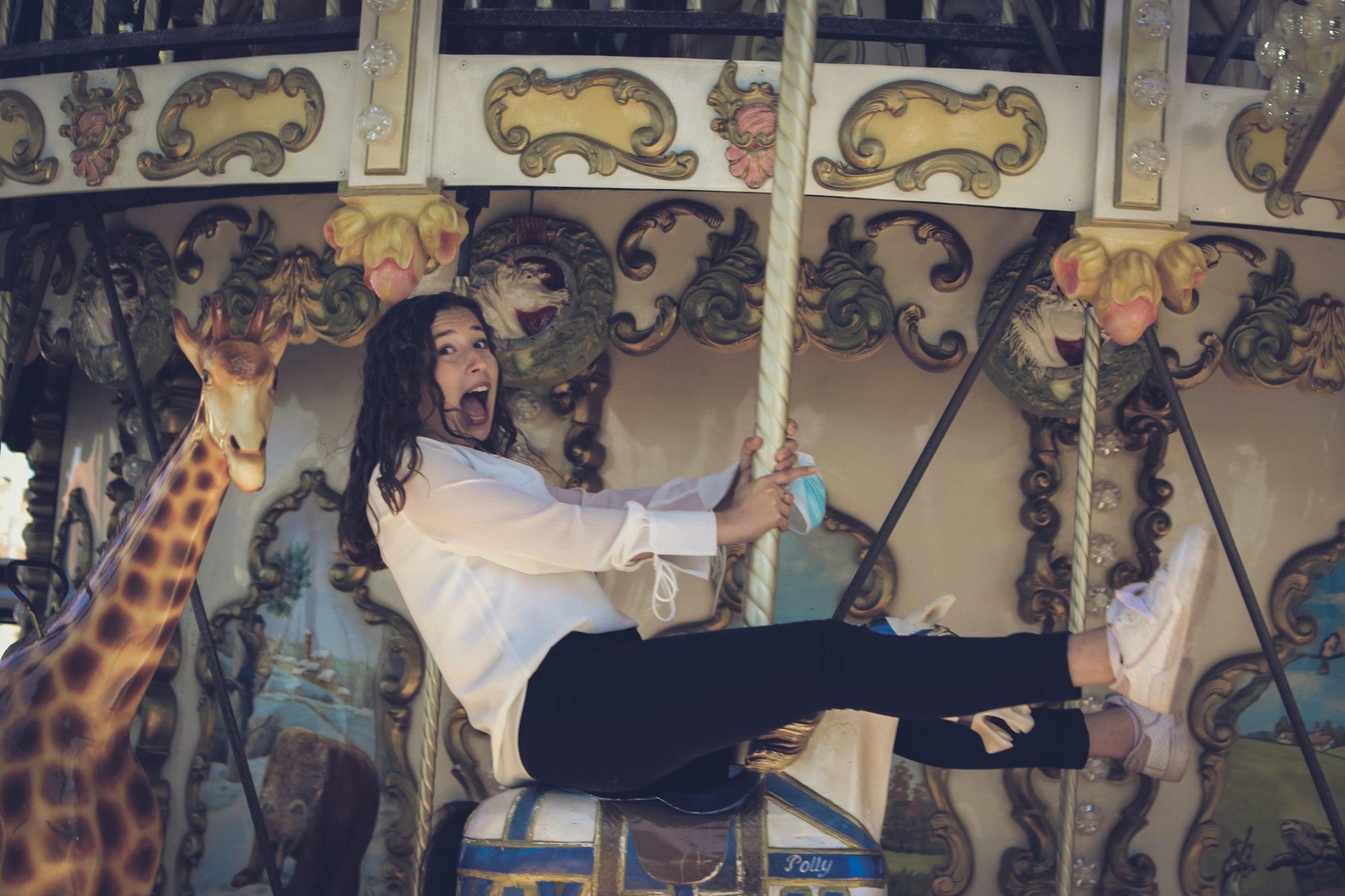Pandemic Aftershocks / Running on the hedonic treadmill back to 'normal'
There's a lot of talk amongst agency leaders about returning to normal at the moment … or ‘normal’ as it's usually written, with the all-important quote marks, in posts on LinkedIn and in tweets, as a tacit admission to both the author and their readers.
We've all seen the photos and videos of parties going on, of people gathering with colleagues and peers, recording the event for all to share, even the joyous elation of their journeys to and from — lots of celebrations at seeing friends, old and new, in person again for the first time in anything up to two years.
There's no doubt that the coronavirus pandemic has taken a huge toll on us all, and we all are longing for the end. We all share our desire, maybe even a desperation, to get back to normal.
Life on the hedonic treadmill
This is actually a phenomenon known to psychology called ‘hedonic adaptation,’ or sometimes ‘the hedonic treadmill.’
It's an observed effect — the general tendency people have to return to a set level of happiness despite life’s ups and downs.
In its original formulation, it describes how, as a person increases in wealth there is no permanent gain their happiness. There may be an initial surge in pleasure, but since expectations and desires also increase, there is no net gain in contentment that is permanent. Happiness, then, is not related to wealth, and rather contentedness and well-being is likely a more intrinsic quality that may be a product of genetics and therefore heritable. In other words, it may be that our happiness is outside our control.

